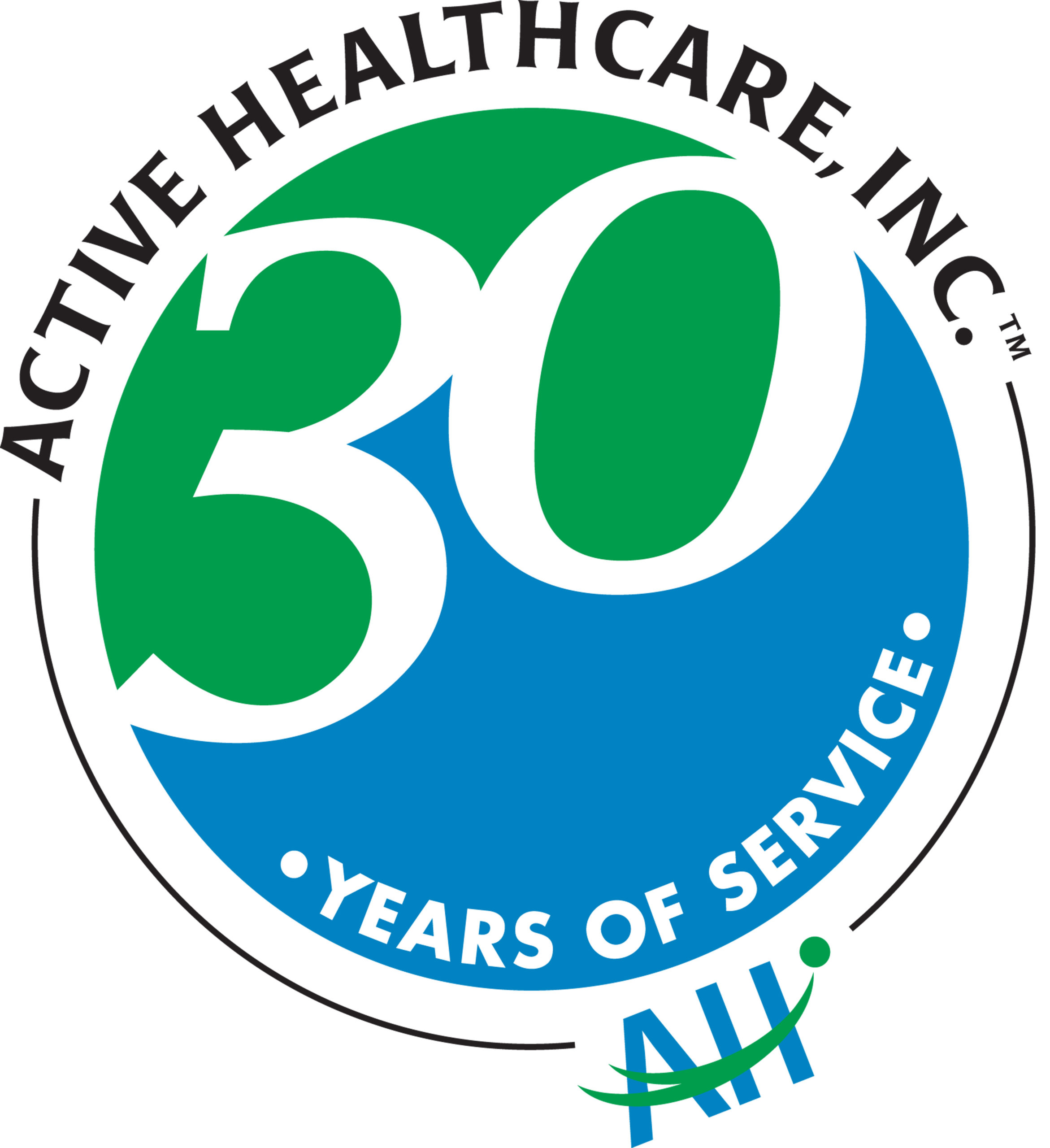 December 31, 2015
December 31, 2015
 Allergies, Asthma, Breathe EZ
Allergies, Asthma, Breathe EZ
 Leave a comment
Leave a comment
 Asthma Triggers, Diet, Dust Mites, Exercise and Sports, Pollen
Asthma Triggers, Diet, Dust Mites, Exercise and Sports, Pollen
![]() If you’re getting ready to write your New Year’s resolutions, you’re in good company—45% of Americans make New Year’s resolutions. The coming New Year is the perfect opportunity to reflect on the past year and identify areas for improvement. Most resolutions, 47% to be exact, are related to self-improvement or education—we’d all like to be a little healthier physically, relationally, and mentally. If you have asthma and are hoping for a healthier New Year, here are 5 resolutions to help guide you on your journey to better manage your asthma:
If you’re getting ready to write your New Year’s resolutions, you’re in good company—45% of Americans make New Year’s resolutions. The coming New Year is the perfect opportunity to reflect on the past year and identify areas for improvement. Most resolutions, 47% to be exact, are related to self-improvement or education—we’d all like to be a little healthier physically, relationally, and mentally. If you have asthma and are hoping for a healthier New Year, here are 5 resolutions to help guide you on your journey to better manage your asthma:
- Update Your Asthma Action Plan – An asthma action (or management) plan is an important first step in guiding the treatment of your asthma. Your doctor can work with you to identify what to do in situations like an asthma attack or allergy flare-up. An action plan should be updated annually with a doctor, and more frequently for individuals with severe asthma.
- Keep Healthy Eating and Sleeping Habits – Getting plenty of rest and eating a balanced diet will help keep your immune system healthy. Being overweight can make asthma symptoms worse, but eating plenty of fruits and vegetables that contain vitamins C and E can help control inflammation in the lungs.
- Quit Smoking – Smoking is one of the most common asthma triggers and can result in major health conditions like emphysema and lung cancer. Having the right support can make quitting easier, so the American Lung Association provides The Freedom From Smoking® group clinic, an eight-session, step-by-step plan to quit smoking.
- Exercise Regularly – There’s a long-standing myth that exercise can make asthma symptoms worse, but regular, moderate exercise can actually improve asthma symptoms. Thirty minutes of exercise a day—like walking, biking and yoga—can significantly reduce asthma symptoms. Check with your doctor to identify which medications you may need to take before and after exercising.
- Avoid Asthma Triggers – Common asthma triggers are tobacco smoke, mold, pet dander, pollen, and colds/upper respiratory infections. Talk to your doctor about identifying your asthma triggers and how to actively avoid them. For example, you may need special bedding if dust mites are an asthma trigger for you.
Sources:
Join Freedom From Smoking, American Lung Association
Can foods I eat affect my asthma symptoms? By James T.C.Li, Mayo Clinic
















